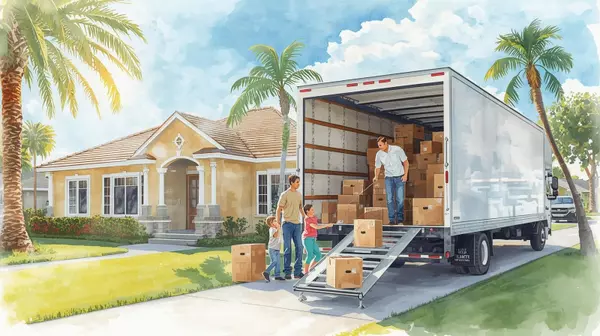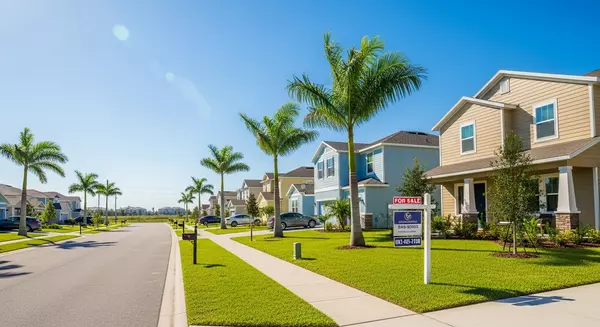

How Much Home Can You Really Afford?
How Much Home Can You Really Afford? (And Why It Matters More Than You Think) Here's a question I get all the time: "Manny, the bank says I qualify for a $400,000 loan—so I'm good, right?" Not quite. The truth is that getting approved for a mortgage and actually affording a home are two very differe
Read More

Moving to Davenport FL: Your 2025 Relocation Guide
tags, but include for SEO completeness) --> Thinking About Moving to Davenport, FL? Here’s What to Know Before You Pack Have you ever dreamed of living close to Disney, soaking up year-round sunshine, and still paying less than in Orlando? That’s why so many buyers are eyeing Davenport, Florida. Let
Read More

Should I Buy or Rent in Davenport, FL?
Should I Buy or Rent in Davenport, FL? Ever find yourself wondering if you're just throwing money away every month on rent? You're not alone. It's one of the biggest questions I hear from folks looking at homes here in Davenport, and honestly, the answer isn't always black and white. But here's the
Read More
Categories
Recent Posts










